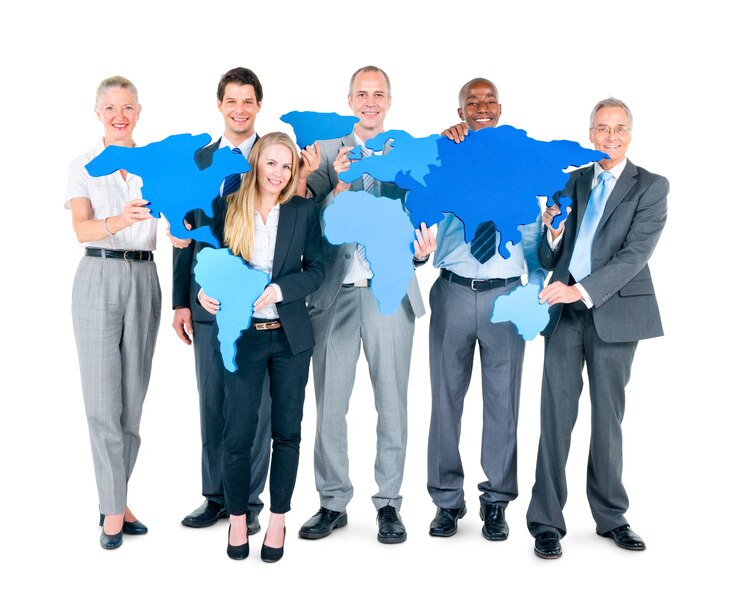NGO accounting management
NGO accounting management
Submit your Nominations for Country Director on info@aiuno.org
Managing accounting for an NGO (Non-Governmental Organization) requires careful attention to financial transparency, compliance, and responsible stewardship of resources. Here are key steps and considerations for effective NGO accounting management:
- Establish Clear Financial Policies:
- Develop and document financial policies and procedures that outline how financial transactions will be handled, approved, and reported. Ensure that these policies align with regulatory requirements and industry best practices.
- Segregate Duties:
- Implement internal controls by segregating financial duties. For example, separate the responsibilities of authorizing, recording, and reconciling financial transactions to prevent fraud and errors.
- Chart of Accounts:
- Create a well-organized chart of accounts to categorize income and expenses by program, project, or funding source. This helps in tracking and reporting finances accurately.
- Budgeting:
- Prepare an annual budget that outlines expected income and expenses for your NGO. Compare actual financial performance to the budget regularly to ensure financial goals are met.
- Recordkeeping:
- Maintain accurate financial records. Record all transactions, including income, expenditures, and financial commitments. Use accounting software to streamline this process.
- Bank Reconciliation:
- Reconcile your bank statements regularly to verify that your recorded transactions match those of the bank. This helps identify discrepancies and ensures the accuracy of financial data.
- Donor Reporting:
- Keep detailed records of funds received from donors, grants, and other sources. Ensure that you can track how these funds are allocated and spent in accordance with donor restrictions.
- Fund Accounting:
- Implement fund accounting if your NGO manages multiple funding sources or programs. This helps you keep separate records for each funding stream and ensures compliance with donor restrictions.
- Financial Reporting:
- Generate financial reports, such as income statements, balance sheets, and cash flow statements, to provide a clear overview of your organization’s financial health. Share these reports with stakeholders, including board members, donors, and grantors.
- Compliance and Transparency:
- Adhere to all financial and tax regulations applicable to NGOs in your region. Ensure that your NGO is transparent about its financial practices and is accountable to stakeholders.
- Audit and Review:
- Regularly conduct internal financial reviews and, if possible, external audits to verify financial accuracy and adherence to financial policies.
- Board Involvement:
- Engage your board of directors in financial oversight. Appoint a finance committee to provide guidance and monitor financial activities.
- Grants Management:
- If your NGO relies on grants, ensure that you have a grants management system in place to track grant funds, expenditures, and compliance with grant requirements.
- Training and Capacity Building:
- Invest in the financial literacy and capacity of your staff and volunteers to ensure that everyone involved in financial activities understands their roles and responsibilities.
- Technology and Software:
- Utilize accounting software and financial management tools to streamline the accounting process, maintain accurate records, and generate reports efficiently.
Effective NGO accounting management is crucial for maintaining the trust of donors, demonstrating accountability, and ensuring the sustainability of your organization’s mission. Regularly review and update your financial policies and procedures to adapt to changing circumstances and regulatory requirements.
Climate solutions accelerator program
American jewish world services
Women’s peace and humanitarian fund
Business plan tools for startups
Internally displaced persons ukraine








